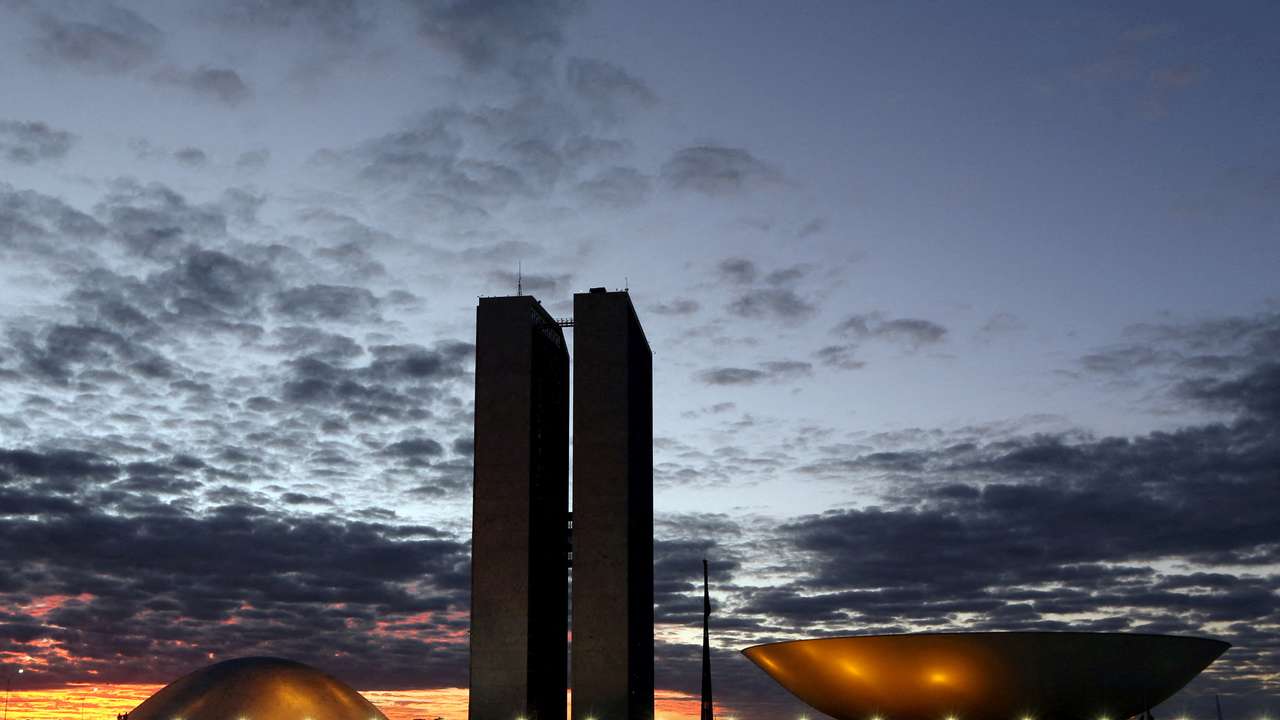Brazil Roundup: Dengue vaccine, FIFA suspension, lower temperatures

Dengue vaccine in the Public Health System
Folha de São Paulo reports that Brazil’s Ministry of Health announced that a dengue vaccine will be a part of its public health system (SUS) from February 2024. However, due to limited supply, this vaccine will not be used on a large scale initially but will focus on priority regions throughout the country. According to the World Health Organization (WHO), during the first half of 2023, the highest number of dengue cases in the Americas was observed in Brazil, with 2,376,522 cases, a 13% increase compared to the same period of 2022. Brazil also led the region in severe cases, with 1,249. In the same period, a total of 769 deaths were reported by the WHO.
How Brazil welcomes the New Year and what it says about its diversity
As the year ends, The Brazilian Report shows how the largest country in Latin America has combined traditions from different corners of the world to create a unique New Year’s Eve experience, second only to Carnival. The name of the party itself, Réveillon, is a nod to French traditional parties that ran until the next morning. The outfit for the party is a tribute to Afro-Brazilian groups Candomblé and Umbanda, who celebrated the goddess of water and her purity by wearing all-white clothes. Some will throw objects into the sea as tribute, a tradition that also stems from Afro-Caribbean religions. Italy also makes an appearance in Brazil’s celebration, as millions will eat lentils, hoping this brings health and prosperity.
FIFA threatens to suspend Brazil
According to ESPN, FIFA warned Brazil on Sunday that it could suspend its football federation from international competitions if there is an election of the president of its football federation (CBF) in January. This would include the suspension of all of Brazil’s national teams, in a year when Copa América takes place, and clubs. A Rio de Janeiro court removed the CBF President, Ednaldo Rodrigues, due to irregularities in his election last year. The ruling also named the head of the country’s top sports court, José Perdiz, as an intervener to organize new elections, something that FIFA condemned, as it considers the intervention to be undue. The main governing body in global football will form a commission to discuss the matter on January 8 and urges Brazilian authorities not to name anyone to substitute Rodrigues before the mission takes place.
Brazil ends 2023 with cheaper food
According to O Globo, there will be a reduction in food prices by the end of the year, a situation Brazil has not experienced since 2017. This is because of record harvests, a drop in commodity prices, and a global slowing down of inflation. The National Consumer Price Index (INPC) shows a 2.4% decrease in prices of food for Brazilian families. Beef is now 9.4% cheaper than last year, and poultry and eggs are 6.8% cheaper. However, economist Roberto Cunha explains that despite the reduction, prices will continue to be higher than pre-pandemic levels, due to increases of 18.88% in 2020, 7.99% in 2021, and 13.08% in 2022.
Southern Brazil got colder than Patagonia
In the middle of austral summer, O Globo reports that some regions in Brazil are registering lower temperatures than those in Patagonia, in the extreme south of Argentina, which reached 17ºC. MetSul, Brazil’s Meteorology Agency, registered 4.7ºC in São Joaquim, in Santa Catarina. In Rio Grande do Sul, thermometers also registered temperatures lower than 5ºC. This unusual summer weather has caused the formation of isolated frost in lowlands throughout Brazil’s south. These cold fronts have hit Brazil only one month after storms and flooding wreaked havoc in Santa Catarina do Sul.